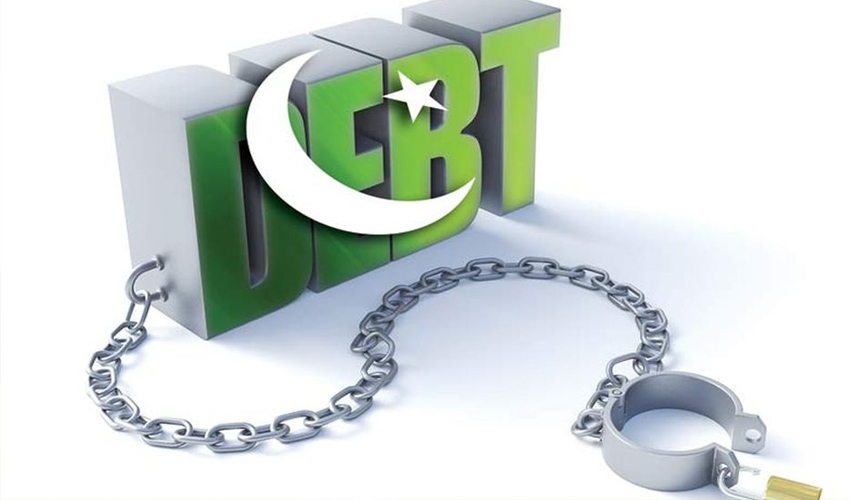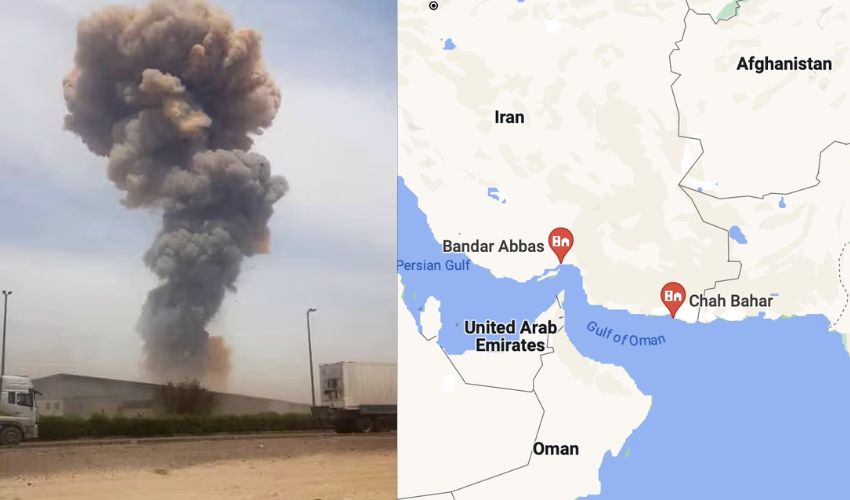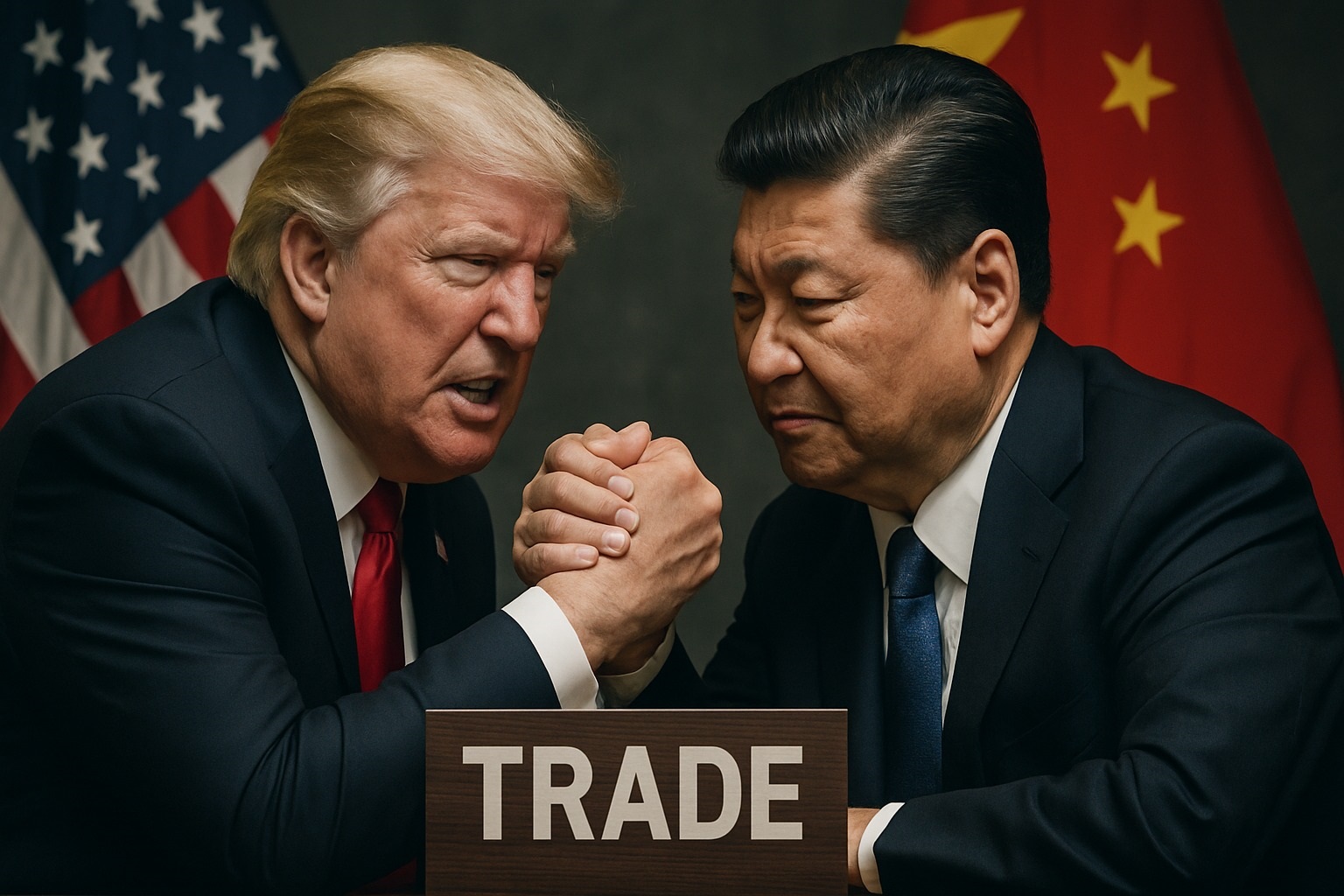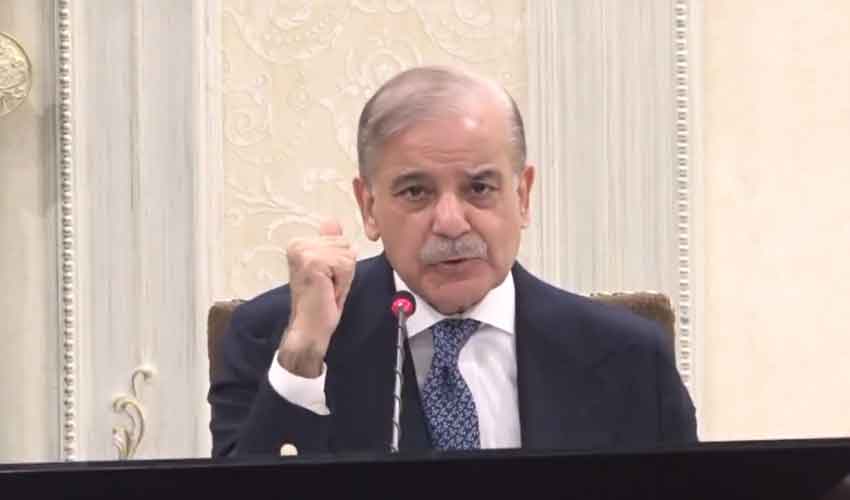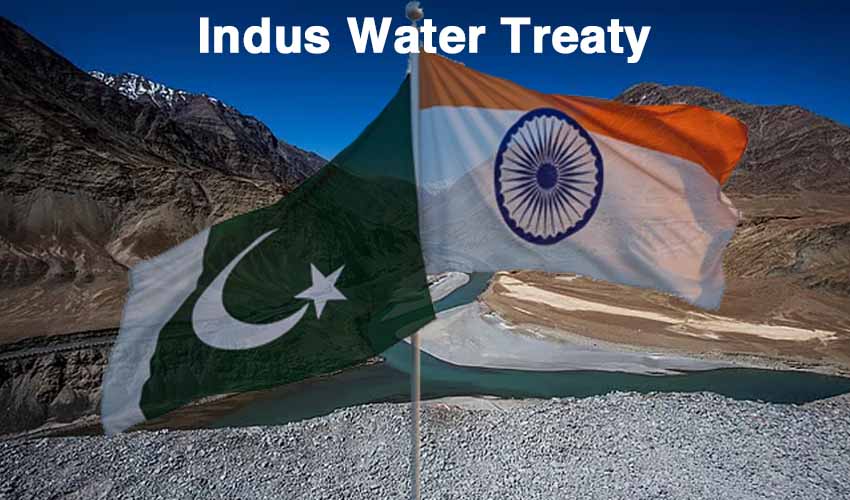With considerable delay and visible reluctance, Pakistan has taken significant steps towards securing another $9 billion loan from the International Monetary Fund (IMF). Despite these efforts, the path to obtaining IMF approval remains challenging.
The government has implemented several domestic measures, including price hikes for energy and fuel, a market-based exchange rate for the rupee, and increased revenue through indirect taxes such as the General Sales Tax (GST). However, achieving the target for net international reserves (NIR) remains elusive, hinging on rollovers or assurances from bilateral creditors, particularly China and Saudi Arabia.
Recent inconclusive discussions on global debt solutions at the G20 Finance Ministers' Summit in Bangalore have further complicated the situation for many debt-affected developing countries, including Sri Lanka, Zambia, and Pakistan. Multilateral lenders, such as the IMF, are hesitant to provide relief if it might be used to settle bilateral debts. If rollovers from China and Saudi Arabia are not secured, Pakistan may need to seek a waiver from the IMF board regarding the NIR target. However, this is just one facet of the challenge facing the government.
Inflation dilemma
A more pressing issue is containing multi-decade high headline inflation, which includes fuel and food prices. Despite an anticipated increase in the interest rate, inflation is unlikely to abate soon, although higher interest rates may stabilize the rupee. To mitigate the impact of inflation, certain urgent measures can be implemented.
The IMF rightly advocates for targeted subsidies rather than general subsidies, as the latter can lead to fiscal and current account deficits and disproportionately benefit large consumers. For instance, a general petrol subsidy primarily benefits owners of large vehicles, who consume significantly more petrol per kilometer than motorcycles and rickshaws. A more equitable approach would be to provide direct cash transfers to owners of two- and three-wheelers, who are often lower-income earners.
A feasible solution is to offer direct cash transfers to eligible two- and three-wheeler owners whenever the average monthly petrol price exceeds a certain threshold. This approach can be facilitated by utilizing vehicle registration data linked to the National Socioeconomic Registry (NSER) maintained by the Benazir Income Support Program (BISP). Eligible recipients can receive direct cash transfers through established mechanisms, ensuring that subsidies reach those who need them most.
Circular debt
To contain and eliminate energy circular debt (ECD), the government has increased electricity and gas tariffs, contributing to headline inflation. Consumers often pay for more than their actual energy consumption, bearing the cost of stolen or lost energy due to poor transmission infrastructure. Official estimates indicate that electricity worth Rs380 billion is stolen annually. To address this, it is crucial to reduce theft and losses and improve the efficiency of distribution companies.
The government has increased the GST from 17% to 18%, and in some cases, up to 25%, to reduce the fiscal deficit. However, the Federal Board of Revenue (FBR) needs to enhance its capacity to collect the GST paid by consumers. Many businesses charge GST but do not issue verified receipts, depriving the national exchequer of crucial revenue.
In the short term, the government should bolster social safety nets to ensure food security for low-income earners through targeted subsidies using BISP data. In the medium to long term, food inflation can be mitigated by promoting the import substitution of essential commodities like edible oils, pulses, wheat, and cotton. Strengthening rural livelihoods can also reduce unplanned rural-to-urban migration.
One viable strategy is to bring cultivable barren lands under agricultural use, particularly in regions like Sindh, southern Punjab, and the Potohar belt. This can be achieved by leasing out government lands to farmers' cooperatives and investors' consortiums, mobilizing local human resources, and seeking technological solutions from agricultural research centers and specialized institutions.
Structural reforms
While the government has made some progress with reforms, Pakistan's structural economic problems require more comprehensive and sustained efforts. The IMF's demands for macroeconomic reforms must consider the micro-level impact on people's lives. Nearly 50 other countries face similar debt burdens, highlighting the need for a global debt solution that balances necessary reforms with human considerations.
In addition to addressing economic challenges, Pakistan must advocate for climate justice. The recent weather extremes, including unprecedented heatwaves, forest fires, glacier melting, and devastating monsoon rains, underscore the urgent need for international accountability. Climate scientists have established that excessive carbon emissions from developed countries have significantly contributed to severe climate impacts in developing nations like Pakistan.
Achieving economic stability and climate justice for Pakistan involves both national efforts and international advocacy. The government must implement targeted subsidies, improve revenue collection, and enhance social safety nets to mitigate the immediate impact of inflation. Simultaneously, Pakistan should lead the charge for global debt solutions and climate justice, demanding that developed countries honor their commitments to climate financing and adaptation. By balancing necessary reforms with measures to protect vulnerable populations, Pakistan can navigate its economic challenges and secure





